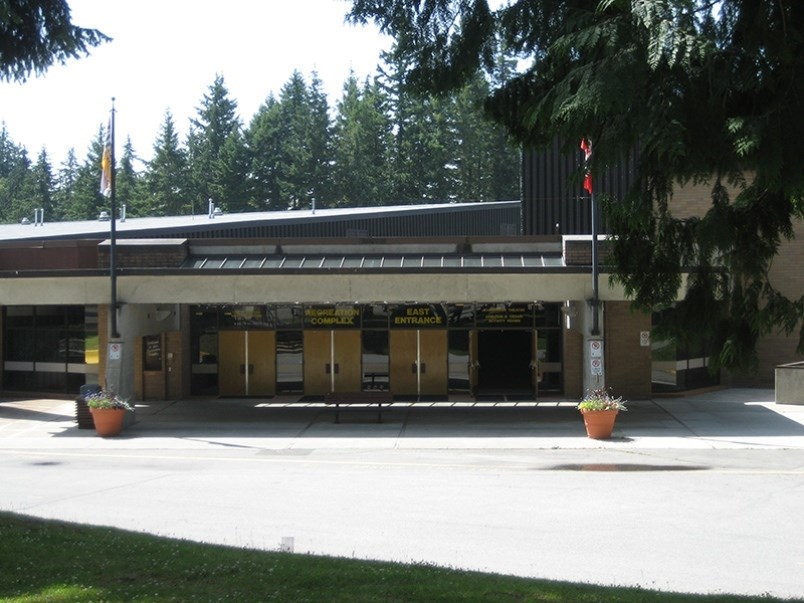City of Powell River will be spending $28,000 to conduct a thermal energy study for Powell River Recreation Complex, which it hopes to recoup through a FortisBC program.
At the Thursday, September 19, City of Powell River Council meeting, councillors voted to allocate the money from the climate action reserve fund to carry out the study.
Councillor CaroleAnn Leishman said the recreation complex is the largest emitter of greenhouse gases, to the tune of 486 tonnes of carbon dioxide equivalent in annual emissions, which is 29 per cent of the city’s corporate emissions total in 2018. Leishman said this translates to more than $300,000 per year in utility costs. According to a staff report, the vast majority of these emissions (more than 95 per cent) are attributed to thermal energy, specifically natural gas use for space and water heating.
Leishman said there are things the city has been proactive on, trying to reduce that over the last couple of years. By taking advantage of a FortisBC energy study program, FortisBC will actually rebate the city money. According to a staff report, FortisBC will support the city in assessing further energy savings opportunities by funding the thermal energy study. The program will fund 50 per cent of the study on completion of the report and another 50 per cent will be reimbursed when the city implements the recommendations.
“It’s an investment in the future of the recreation complex and an investment in reducing our utility costs and lowering our greenhouse gas emissions, so it’s a win-win,” said Leishman.
Councillor Jim Palm asked if the city is able to upgrade the recreation complex in the future, if it will help the city’s carbon offset to any great degree, like the city’s parks have.
Leishman said depending on the project and how many carbon emissions it reduces, there are different levels the city could qualify for in terms of carbon reduction.
According to the staff report, in 2019, several projects have been undertaken at the recreation complex. These include the new low-emissivity ceilings for the ice rinks, a water treatment system for ice making and new LED lighting in Evergreen Theatre.
“These initiatives will significantly reduce energy use, however, there are many more opportunities to further lower greenhouse gas emissions and utility costs for the complex,” the report stated. “This includes adding controls to theatre ventilation and ice rink dehumidifiers, optimizing the direct digital controls system to turn off or lower the heating and ventilation levels in unoccupied areas and adding heat recovery to the ice plant.”



